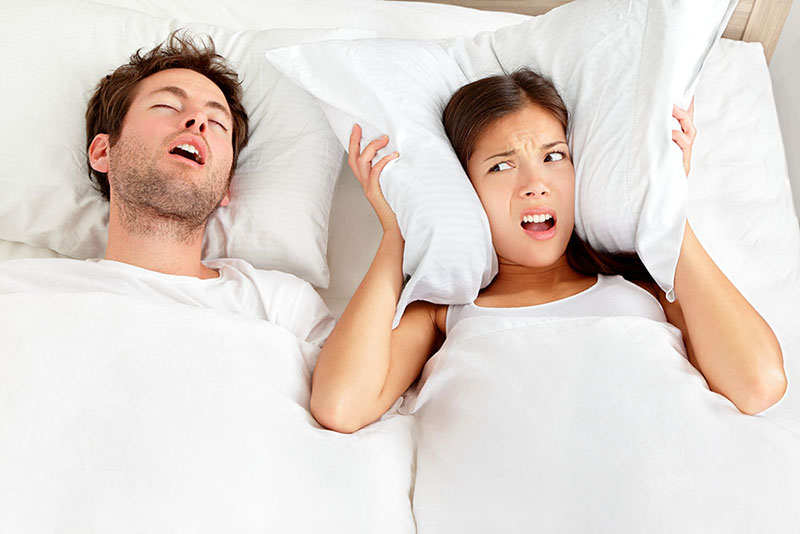Sleep Apnea Treatment in Spokane
Sleep Apnea can be a life-threatening disease if left untreated. Researchers estimate that 26% of people in the United States aged 30 to 70 years have sleep apnea. Sleep Apnea can present with multiple symptoms including loud snoring, sudden stopping of breathing or gasping for air, morning headaches, and daytime sleepiness to name a few. Your healthcare provider may make an evaluation based on your symptoms and sleep history, followed by a diagnosis. Dr. Katie Hakes is happy to partner with your medical provider to ensure you get the care you need and will process your medical insurance for your convenience.




